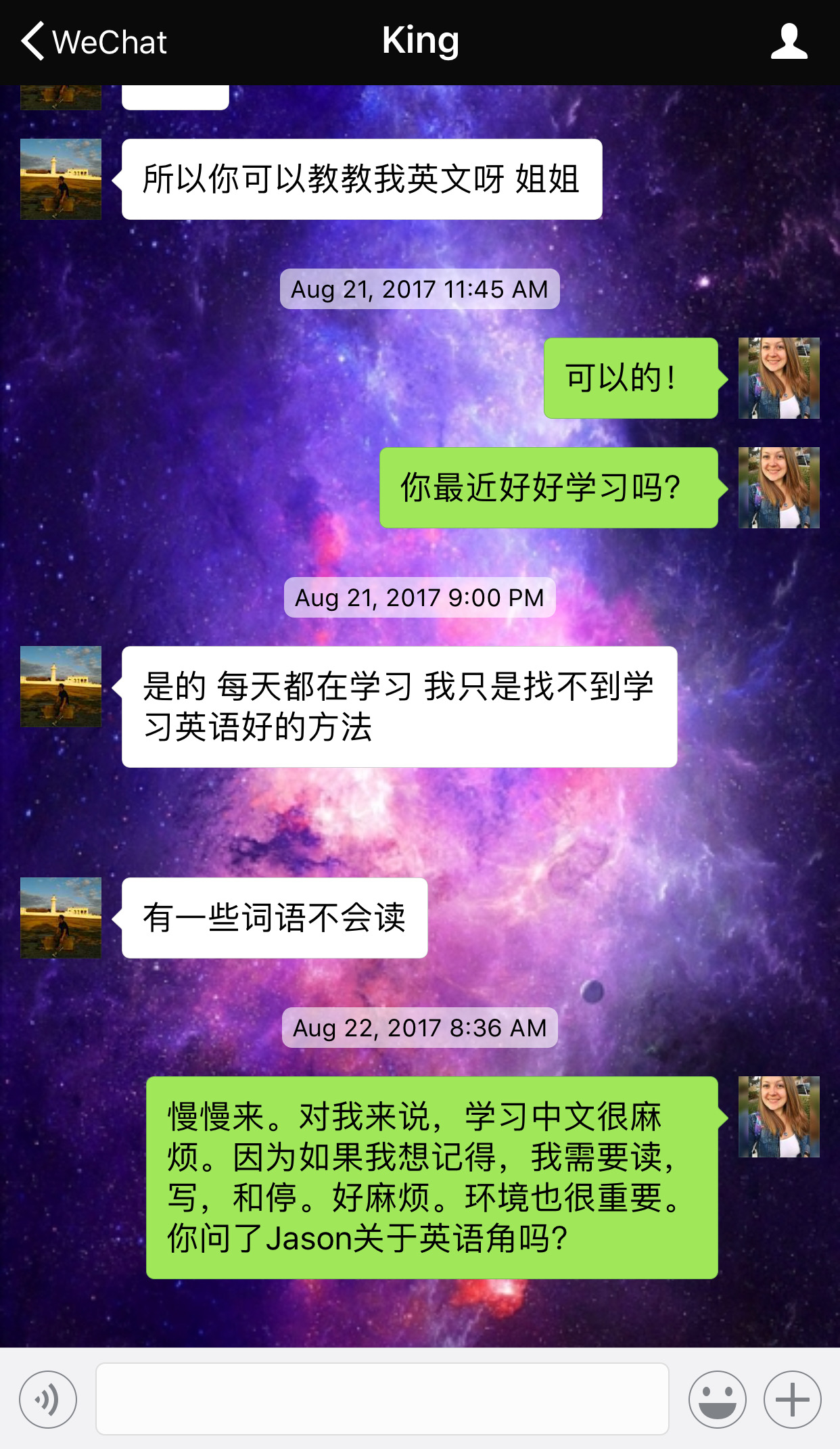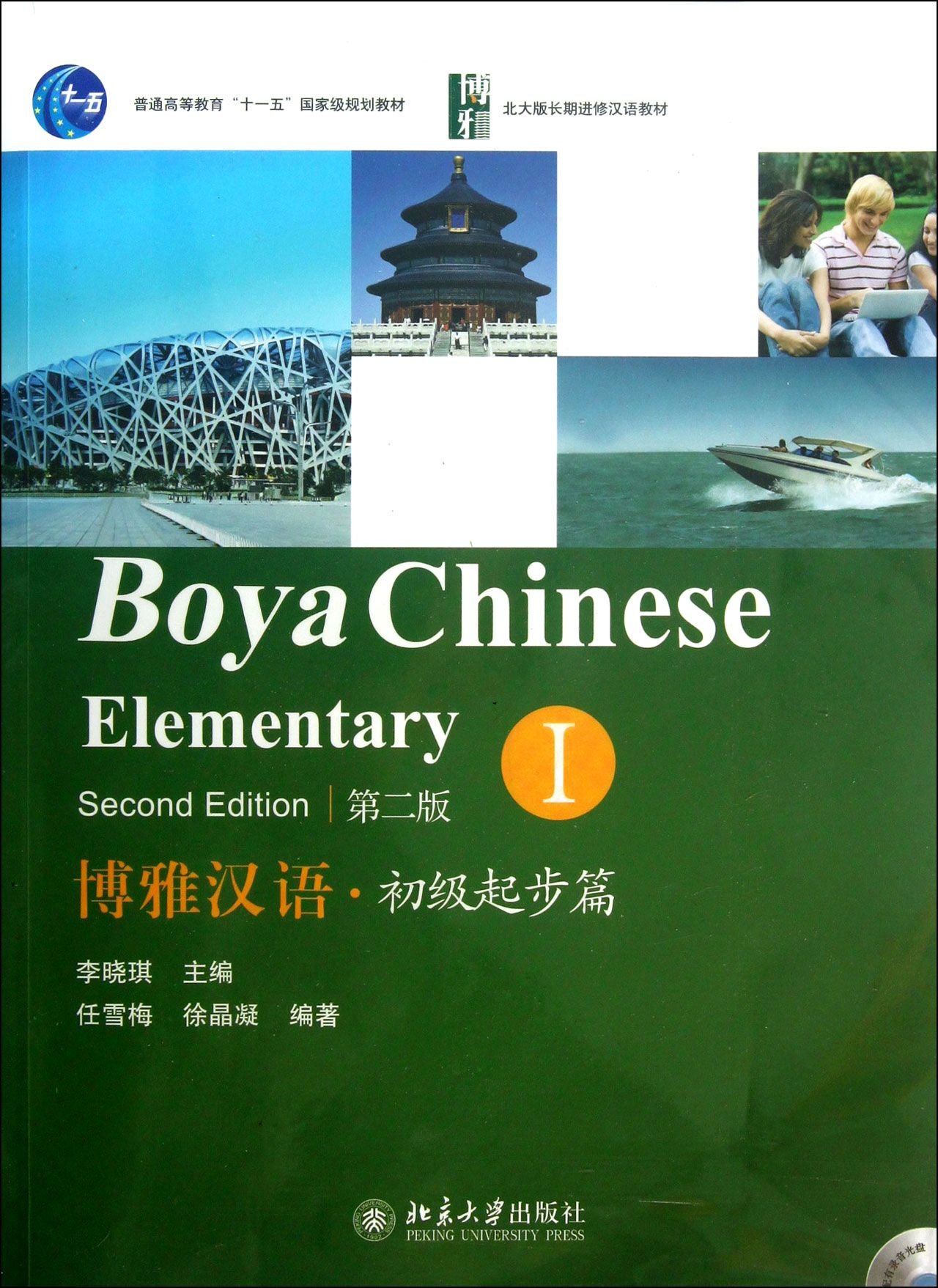Learning Mandarin Chinese as Explained by a Peace Corps Volunteer
A few years ago, I was a Peace Corps Volunteer in China. I joined the Peace Corps with the desire to travel, help the world, and blog about it. Along the way, I learned a ton about Chinese culture, and I traveled a lot. Most of the adventures I’ve had in China wouldn’t have been possible (or at least, not nearly as interesting) without knowing the language.
I went into the country blind, with no understanding of the culture, fear of eating the food, and absolutely no language skills whatsoever.
I lived hundreds of miles from the big Chinese cities like Beijing, Shanghai, or Hong Kong that are foreigner friendly and where it’s possible to get by in English. Peace Corps volunteers don’t serve in cosmopolitan cities, but instead live in parts of the world where there is a lack of English teachers. I was stationed in Chongqing City in central China.
A lot of people who want to learn Chinese don’t even think about going to the less traveled cities of China. Why? Because they assume that learning Mandarin is difficult already, so they would rather go to a place that uses English. In places like Beijing and Shanghai, plenty of people speak English or basic Mandarin. In the less traveled areas of China, you can struggle to find anyone who speaks English, and you run into dialects that are far from the basic Mandarin language. It’s scary! I know, because I did it.

Why am I telling you this?
Because although going into the heart of China is daunting for someone who doesn’t speak any Chinese, it’s a really effective approach to learning the language.
I went in illiterate, and I came out two years later speaking Mandarin Chinese at an intermediate level. I was able to speak, read, type, write and listen to both Mandarin and the dialect of Chongqing. So, how did I do it?
Before I get into that, you should know that there are three parts to learning Chinese:
- Pronunciation (Pinyin) – The pronunciation of the words
- Characters (Hanzi) – The written words or characters associated with pinyin
- Tone (Shengdiao) – what volume your voice needs to be at which also matches the Pinyin and Hanzi.
How I Learned Chinese: An Authentic Learning Environment
The environment you decide to learn your language in is key to the pace at which you learn and improve your language.
I consider a true language learning environment to be the place the language is native to. Learning Chinese? Then learn in China. By doing this, you pick up speech patterns you otherwise wouldn’t in a classroom. You’ll have the ability to practice your language with strangers at a grocery store, people in restaurants, or people in China who want to talk to you or get to know you.
By being in an authentic learning environment, you will:
- Pick up the language faster
- Have more opportunities to practice what you know
- Quickly recognize speech patterns
- Use the language frequently
Use “Survival Mode” (and Bathroom Trips) to Your Advantage
Another thing I strongly suggest for people learning a new language is to throw yourself into situations where you have no choice but to use the skills you have. It forces your brain into survival mode. If you want to eat, drink, sleep, or go to the bathroom, you’ll need to use the language to let your friends, hosts or whoever know that this is what you need.
Alongside living in China, I used other approaches for learning Chinese that you can use wherever you live, including apps, textbooks, watching Chinese TV, and keeping a journal.
How I Learned Chinese: Using Apps

You don't have to learn a language alone. Whether you’re traveling through China or living there as an expat, there are tools you can use to make learning Mandarin a whole lot easier.
My top four favorite apps for learning Chinese are:
- Pleco
- Youdao
- Anki
Pleco is the number one English-to-Chinese dictionary app on the market. It’s bursting with every single term, phrase, and word you can imagine. It works with or without WiFi, and it’s absolutely free too. I love this app because when I was practicing listening, I could pick and choose words I didn’t understand in a sentence and plug them into Pleco and get a definition fast.
My next favorite app is the Anki App (available for iPhone, for Android, and for everyone else). For a one-time purchase of $25, you can get the Anki app which allows you to create a stockpile of flashcards to help you study the language. This app is perfect for when you are traveling on a train, plane, or bus. You can review the new phrases and vocabulary you are learning during your journey.
Since Pleco is just a dictionary, you’re going to need a translator to help you decipher what people are saying. You could use Google Translate, but keep in mind, Google is banned in China. I would recommend using Youdao translator. It’s an app created by Chinese people, for Chinese people. The reason I use this is because it was made by the Chinese and not foreigners. People in China are going to have more expert knowledge of the phrases more commonly used in China than Google translate would, and whatever you translate using Youdao is more likely to be understood by locals when they read what you’re trying to say.
My last and more utilized app is WeChat. It’s a chat and social media app combined. But the reason I love this app is because it allows you to network with people you meet on your travels, which in turn will enable you to speak, type, and learn Mandarin. I love this app because it translates your texts for you if you don’t understand what they are saying. The app also allows you to send voice messages. You can practice speaking and listening to any friends you meet along the way.
The Mandarin Textbook You Should Be Using for Learning Chinese

I’m usually not a big textbook person, but in my desire to learn how to write in Chinese, I decided to pick up a book from a bookstore in China that would help me improve my spoken and written Mandarin.
I chose Boya Chinese. It comes with a textbook and workbook and teaches you the foundations of Mandarin. It’s mostly in Chinese, which forces you to figure out the Chinese rather than rely too much on English.
In my experience, here’s what textbooks do for language learners:
- Provide a more structured learning method
- Allow you to practice writing
- Allow you to think more critically
- Test your past and present knowledge
- Expand your vocabulary
Chinese TV and Music: What You Should Be Watching and Listening To
Watching TV shows and listening to music is a great technique for getting extra Chinese immersion.
When you’re in China, I would avoid watching too many old shows or movies that focus on Ancient China. Those shows tend to use ancient Chinese language that’s not very useful.
My favorite show to watch in China is Running Man or Ben Pao Ba Xiong Di. It is a game/adventure show featuring some of China’s most famous celebrities. They compete in a series of games to win prizes together. Not only is it unbelievably entertaining and pleasing to watch, the celebrities speak in basic Mandarin and repeatedly use common phrases you would use on a daily basis.
For music, I suggest downloading QQ Music because it has a much larger selection of Chinese music than any other app out there (plus it has not only Chinese music but English and K-Pop too). What I love most about this app is that it provides characters for you to follow along with to help you practice your reading.
These are the benefits I found to watching Chinese TV and listening to Chinese music:
- Helps you recognize mouth movements
- Lets you practice your listening skills
- Helps you practice your reading skills
- Tests your comprehension
Helps you recognize speech patterns
Keeping a Chinese Journal to Monitor Your Progress
To see and know you’re improving, I recommend keeping a journal. Whether it be all in your native tongue, all in Chinese, or a mix of both is up to you. But it needs to be something that measures your progress.
I kept my journal in Chinese because it allowed me to see how my vocabulary and writing skills had improved.
I relied on my friends a lot to tell me if I was doing a good job at speaking and listening. Most of the time, your friends in China may tell you that you’re doing well to be polite, but in many cases, your friends will also be stunned that you have learned a great deal, especially if they are friends you see every day.
Keeping a journal:
- Allows you to see tangible evidence of improvement
- Gives you the ability to practice what you know each day
- Measures the pace of your language learning
Gives you a lovely keepsake of your learning experience
Learning Chinese Can Be Easy
I hope you’ve found this insight into how I learned Chinese helpful.
The truth is learning Mandarin Chinese is easy. You just think it’s hard.
With the right tools and the right environment, you can learn Mandarin Chinese faster than you thought possible. It’s going to take some hard work, and it won’t happen overnight. When people asked me at what point I started to really catch on, I could recall the moment where the language just clicked for me, and the same thing will happen for you too — it’s just impossible to know when until it happens.
All the best for your Chinese adventure!



Social